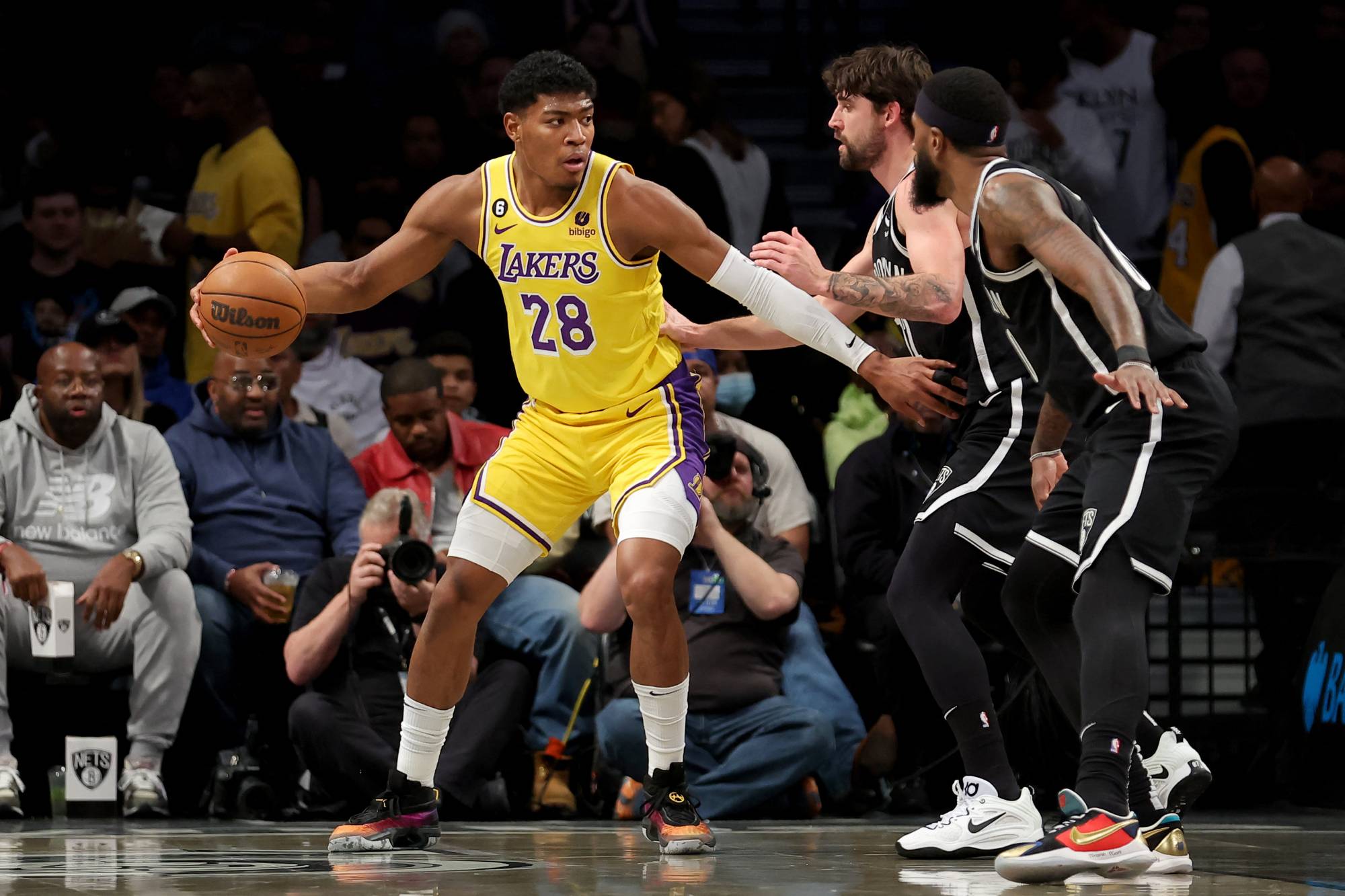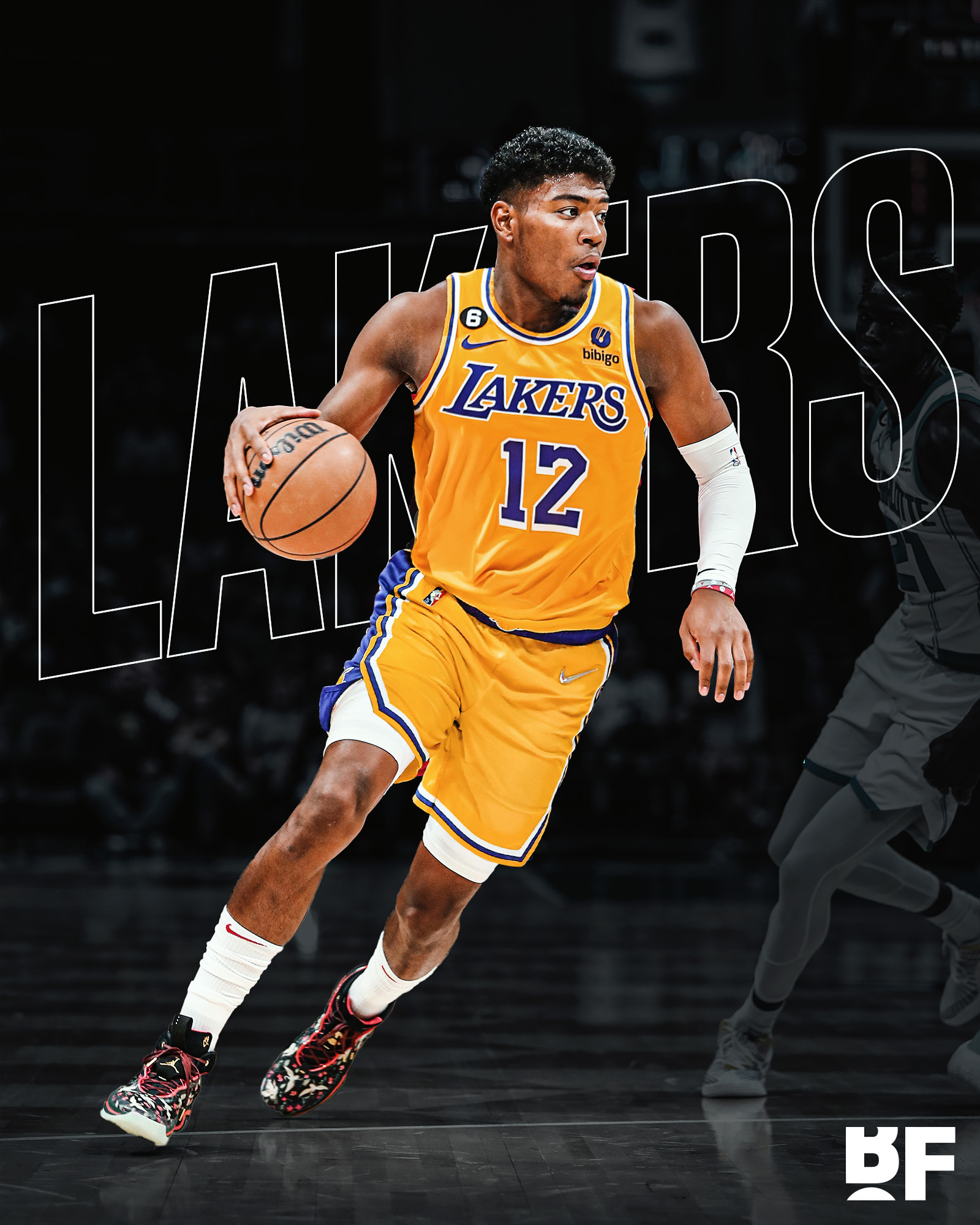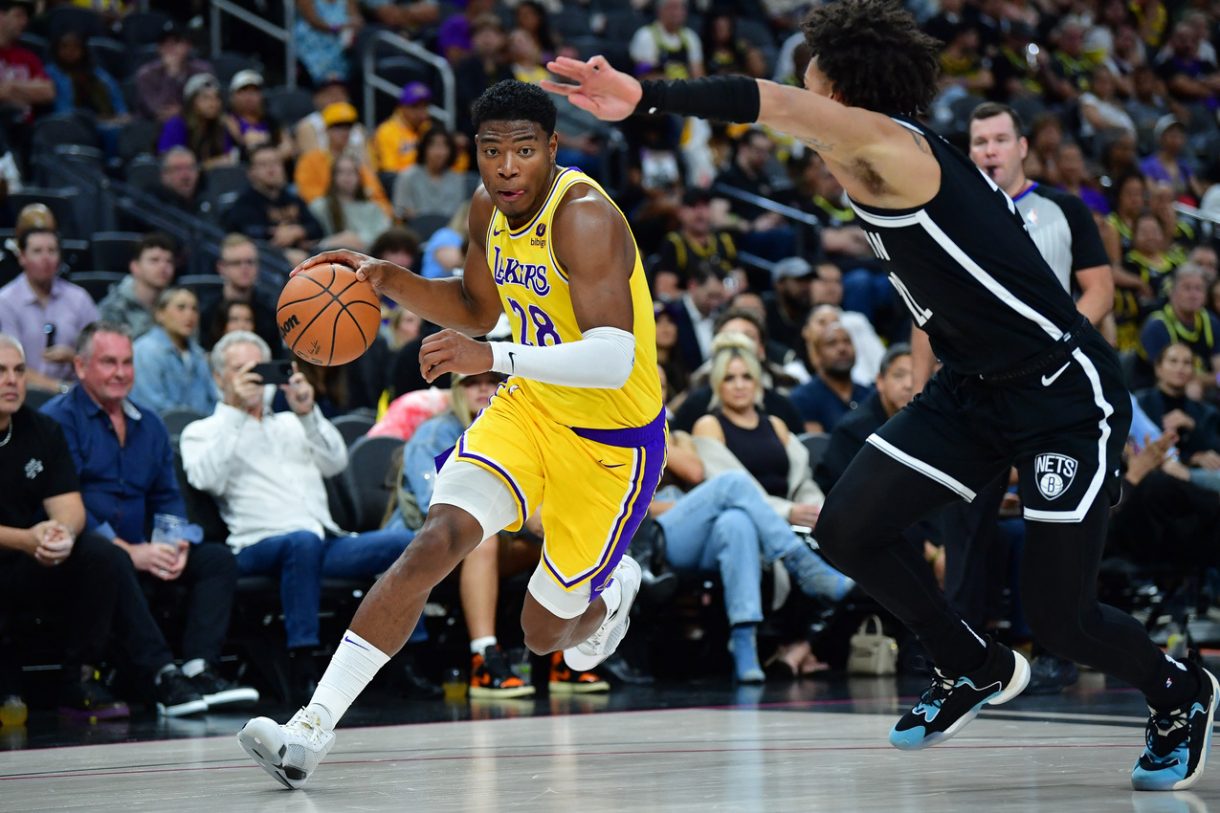Deciding whether trading a young star like Rui Hachimura is a good or bad decision for the Los Angeles Lakers involves weighing various factors.
Pros:
-
Potential for Improvement: While Hachimura has shown promise, he hasn’t reached his peak yet. Trading him could bring in a more established player who can contribute immediately, thus enhancing the Lakers’ competitiveness.
-
Salary Cap Flexibility: Hachimura’s $17 million salary could be valuable in matching salaries in potential trades for a higher-caliber player, especially if the Lakers are targeting a superstar.
-
Addressing Roster Needs: The Lakers need to bolster their roster around LeBron James and Anthony Davis to remain competitive in the Western Conference. Trading Hachimura could help address specific needs, such as perimeter defense or shooting.
Cons:
-
Loss of Young Talent: Trading Hachimura means losing a young player with potential. His development could pay off in the long term, and the Lakers would need to ensure that any trade brings in significant value to justify parting ways with him.
-
Risk of Chemistry Disruption: Adding new players through trades could disrupt team chemistry, especially if they need time to adjust to the Lakers’ system and playing alongside LeBron and Davis.
-
Dependency on LeBron’s Decision: The Lakers’ offseason plans are contingent on LeBron James’ decision regarding his contract. Uncertainty surrounding his future could complicate trade negotiations and roster planning.

Ultimately, whether trading Hachimura is a good or bad decision depends on the specific trade offers available, the Lakers’ long-term goals, and their confidence in their ability to build a competitive roster around LeBron James and Anthony Davis. Balancing short-term success with long-term sustainability will be key for the Lakers’ front office.
